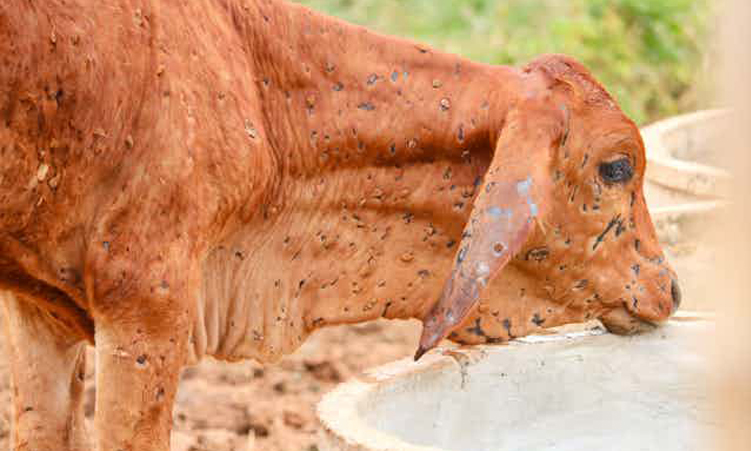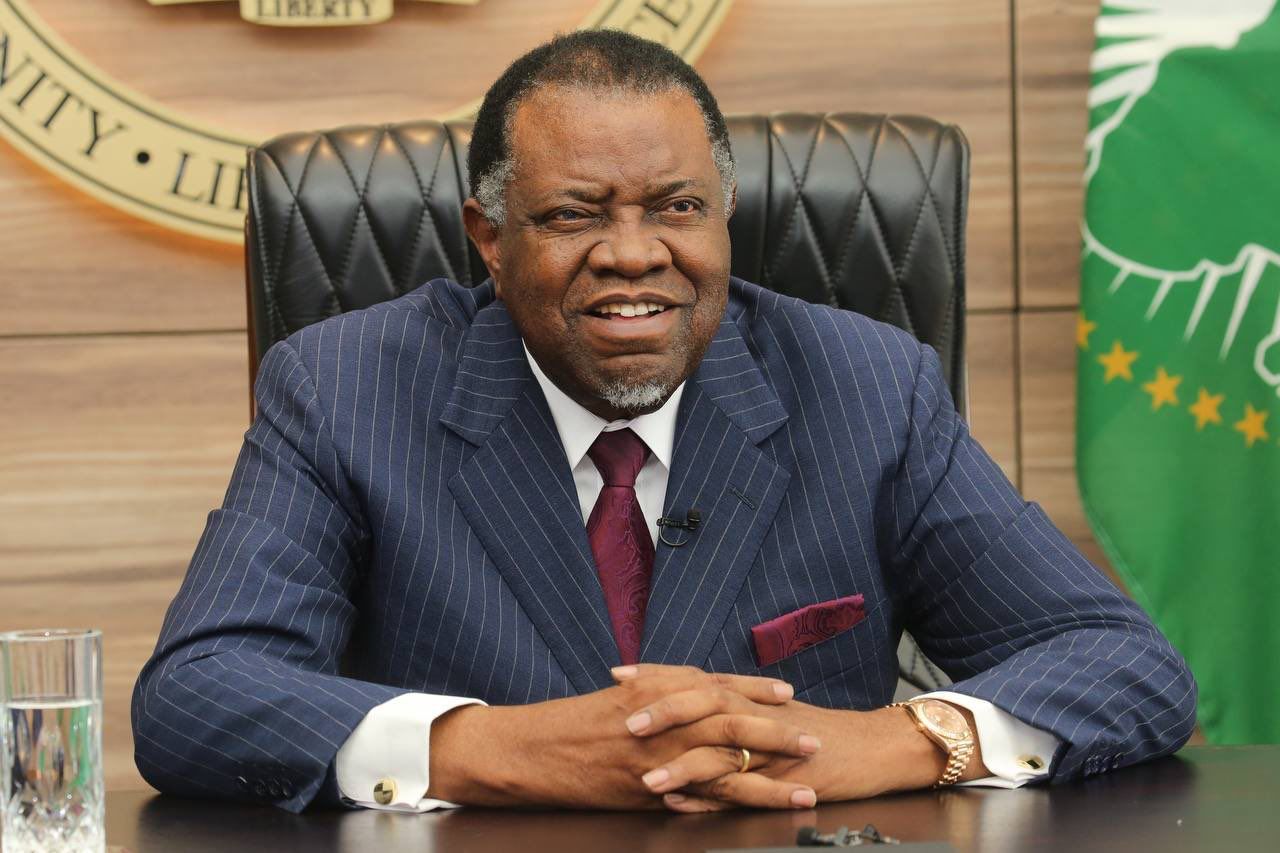NAIROBI – The criticism could have come from any Kenyan – parliamentarians are lazy, dishonest, tribalistic and selfish.
But this time the barbs came from one of parliament’s own, Speaker Francis ole Kaparo. “There is no political loyalty.We are loyal to our seats and pockets and to develop our stomach,” the veteran lawmaker told young legislators recently, drawing threats of censure.Kaparo’s tirade struck a chord with many who feel their MPs have failed to deliver much of anything – let alone promised reforms including a new constitution – while enjoying money and perks most in the poor east African nation can only dream about.”We’re not happy with the way they are behaving.They go to parliament to quarrel and act like children,” said Peter, a security guard who declined to give his surname.”Their work is to fool us.They have not done what they promised.”Anger over the handling of constitutional reform by President Mwai Kibaki and parliament touched off violence last week in Nairobi.One person was killed as stone-throwing protesters and looters battled riot police across the city.Protesters said a small clique of MPs had come up with a draft of the constitution which hands too much power to the president and ignores the wishes of ordinary Kenyans.So far this year, parliament has passed only one bill – a reform of public procurement laws demanded by donors seeking to stamp out corruption.But it took two days to do so because only 32 of 222 MPs came to vote, and their numbers often dipped below the quorum of 30 and ground debate to a halt.Some 60 MPs who travelled to a retreat to study the bill at an upmarket hotel near the Indian Ocean resort of Mombasa never bothered to vote.Such trips are frequent and often provoke bitter laughs from Kenyans.Western nations, with their current mantra of good governance in Africa, are unlikely to be impressed either.’WASTING OUR TIME’ Elected on a reform platform in 2002, promising to revamp government and sweep away the corruption and lethargy of former President Daniel arap Moi’s 24-year regime, the current parliament has left many Kenyans wondering what they got for their votes.”Most of them are wasting our time.I don’t have any confidence in parliament these days.What they tell us, they don’t do it,” said Rose Makayo, a shoe saleswoman.Kaparo’s criticism – his most pointed yet – followed months of chiding fellow MPs for poor attendance, ignorance of house rules and endless travel on retreats he said created the impression of conflicts of interest.Where earlier parliaments were weak puppets of Moi’s wishes, the current edition’s votes in defiance of public opinion and election promises prompted the Sunday Standard newspaper to declare Kenya “a parliamentary dictatorship”.The very first act of the new MPs after their election was to quadruple their salaries – despite opinion polls showing 88 percent of Kenyans felt they were already paid too much.They now earn about 6 million Kenya shillings (US$78 640) a year tax-free, with perks and allowances that commentators say effectively double it.Compare that to Kenya’s average per-capita annual income of 33 000 Kenya shillings (US$435), which has stayed essentially flat since 2000, according to Kenya’s central bank.”The worst thing about it is the disparity of their incomes with that of the ordinary Kenyans.How do you justify that?” said Mutakha Kangu, a parliamentary critic and lawyer on the committee reviewing Kenya’s draft constitution.LUXURY LIFESTYLES MPs’ perks include access to interest-free home and car loans, which have put Mercedes-Benz sedans and luxury four-wheel drive trucks – obtained free of duty that can hit 80 per cent – in many of their driveways.Some hire helicopters to fly them back to their constituencies.All receive health cover that can include a second spouse and up to eight children.Local media even reported that some MPs tried to get their mistresses covered.Last month, MPs voted for a multi-million dollar upgrade of parliament, prompting the Standard to remark: “This grandiose project has overstepped the bounds of financial modesty in a country where many cannot even afford a square meal.”An average Kenyan works five days a week.MPs work a total of two days spread from Tuesday to Thursday for 28 weeks a year.”In a working nation, a parliament that has a calendar of 28 weeks and a week of two days, is it a working parliament?” Kangu asked, recalling Kibaki’s vision of a harder working nation.Many MPs say they spend a lot of time in committees drawing up new laws.But in 2004, just two major new bills and five others amending existing legislation were passed, Kangu said.They also moved quickly last year to quash a proposed constitutional reform that would have allowed voters to recall non-performing MPs.The government said more parliamentary output would make for better progress toward Kenya’s development agenda.”I don’t like to comment on parliamentary affairs, as they tend to get excited,” government spokesman Alfred Mutua said, provoking laughter at a weekly press conference.”As a government, we like to see bills passed.”- Nampa-Reuters (Additional reporting by Garrick Anderson)”There is no political loyalty.We are loyal to our seats and pockets and to develop our stomach,” the veteran lawmaker told young legislators recently, drawing threats of censure.Kaparo’s tirade struck a chord with many who feel their MPs have failed to deliver much of anything – let alone promised reforms including a new constitution – while enjoying money and perks most in the poor east African nation can only dream about.”We’re not happy with the way they are behaving.They go to parliament to quarrel and act like children,” said Peter, a security guard who declined to give his surname.”Their work is to fool us.They have not done what they promised.”Anger over the handling of constitutional reform by President Mwai Kibaki and parliament touched off violence last week in Nairobi.One person was killed as stone-throwing protesters and looters battled riot police across the city.Protesters said a small clique of MPs had come up with a draft of the constitution which hands too much power to the president and ignores the wishes of ordinary Kenyans.So far this year, parliament has passed only one bill – a reform of public procurement laws demanded by donors seeking to stamp out corruption.But it took two days to do so because only 32 of 222 MPs came to vote, and their numbers often dipped below the quorum of 30 and ground debate to a halt.Some 60 MPs who travelled to a retreat to study the bill at an upmarket hotel near the Indian Ocean resort of Mombasa never bothered to vote.Such trips are frequent and often provoke bitter laughs from Kenyans.Western nations, with their current mantra of good governance in Africa, are unlikely to be impressed either.’WASTING OUR TIME’ Elected on a reform platform in 2002, promising to revamp government and sweep away the corruption and lethargy of former President Daniel arap Moi’s 24-year regime, the current parliament has left many Kenyans wondering what they got for their votes.”Most of them are wasting our time.I don’t have any confidence in parliament these days.What they tell us, they don’t do it,” said Rose Makayo, a shoe saleswoman.Kaparo’s criticism – his most pointed yet – followed months of chiding fellow MPs for poor attendance, ignorance of house rules and endless travel on retreats he said created the impression of conflicts of interest.Where earlier parliaments were weak puppets of Moi’s wishes, the current edition’s votes in defiance of public opinion and election promises prompted the Sunday Standard newspaper to declare Kenya “a parliamentary dictatorship”.The very first act of the new MPs after their election was to quadruple their salaries – despite opinion polls showing 88 percent of Kenyans felt they were already paid too much.They now earn about 6 million Kenya shillings (US$78 640) a year tax-free, with perks and allowances that commentators say effectively double it.Compare that to Kenya’s average per-capita annual income of 33 000 Kenya shillings (US$435), which has stayed essentially flat since 2000, according to Kenya’s central bank.”The worst thing about it is the disparity of their incomes with that of the ordinary Kenyans.How do you justify that?” said Mutakha Kangu, a parliamentary critic and lawyer on the committee reviewing Kenya’s draft constitution.LUXURY LIFESTYLES MPs’ perks include access to interest-free home and car loans, which have put Mercedes-Benz sedans and luxury four-wheel drive trucks – obtained free of duty that can hit 80 per cent – in many of their driveways.Some hire helicopters to fly them back to their constituencies.All receive health cover that can include a second spouse and up to eight children.Local media even reported that some MPs tried to get their mistresses covered.Last month, MPs voted for a multi-million dollar upgrade of parliament, prompting the Standard to remark: “This grandiose project has overstepped the bounds of financial modesty in a country where many cannot even afford a square meal.”An average Kenyan works five days a week.MPs work a total of two days spread from Tuesday to Thursday for 28 weeks a year.”In a working nation, a parliament that has a calendar of 28 weeks and a week of two days, is it a working parliament?” Kangu asked, recalling Kibaki’s vision of a harder working nation.Many MPs say they spend a lot of time in committees drawing up new laws.But in 2004, just two major new bills and five others amending existing legislation were passed, Kangu said.They also moved quickly last year to quash a proposed constitutional reform that would have allowed voters to recall non-performing MPs.The government said more parliamentary output would make for better progress toward Kenya’s development agenda.”I don’t like to comment on parliamentary affairs, as they tend to get excited,” government spokesman Alfred Mutua said, provoking laughter at a weekly press conference.”As a government, we like to see bills passed.”- Nampa-Reuters (Additional reporting by Garrick Anderson)
Stay informed with The Namibian – your source for credible journalism. Get in-depth reporting and opinions for
only N$85 a month. Invest in journalism, invest in democracy –
Subscribe Now!










